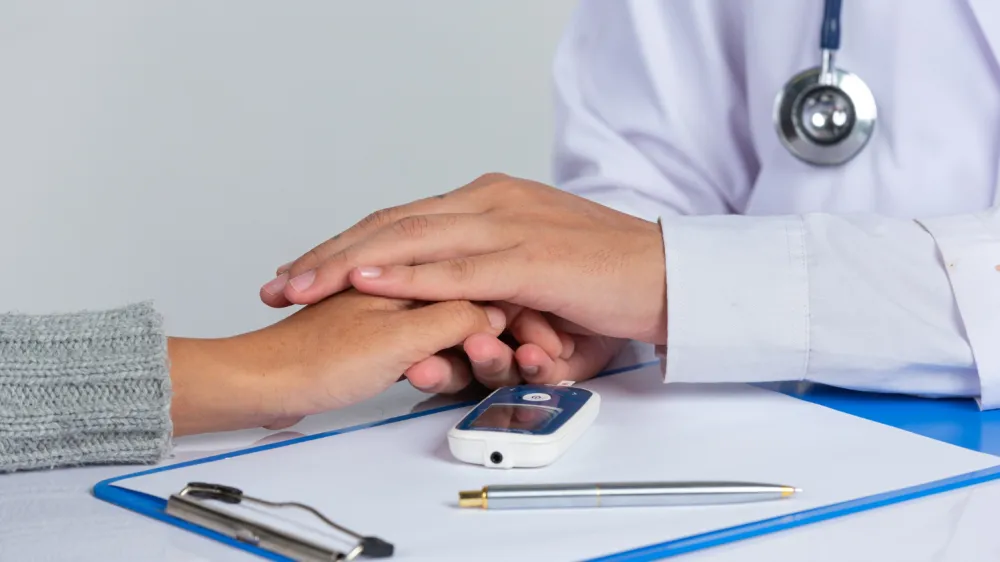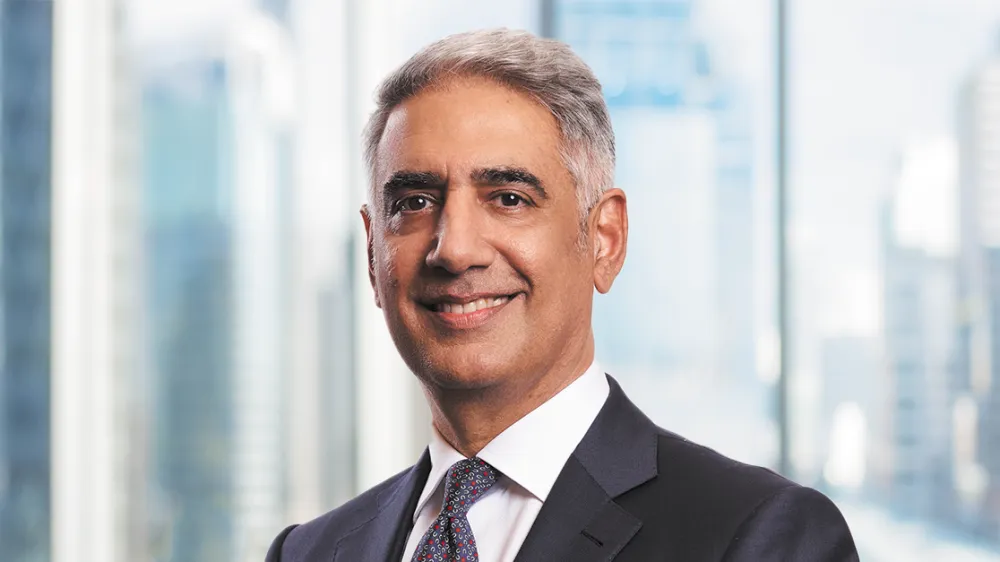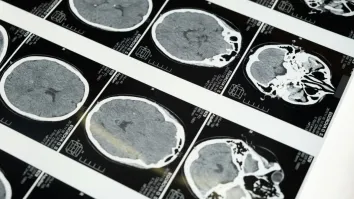
Thailand wins med tourism race
Thailand may not match as Singapore as athe destination of choice for complex treatments, but it is certainly welcoming many international patients each year, making it one of ASEAN’s leaders in medical tourism. Over 2.5m patients crossed the borders to Thailand in 2012 alone, and the momentum is expected to increase when the ASEAN Economic Community becomes effective in 2015.
CIMB analyst Gary Ng predicts the sector will generate approximately THB803bn (US$25bn) in revenues from medical tourism between 2012-2016. “Given Thailand’s closer proximity to Cambodia, Laos, Myanmar and Vietnam (CLMV) where medical infrastructure is less developed, we believe that there will be more patients from these countries coming to seek medical treatment in Thailand,” he adds.
As if foreseeing this massive growth in the sector, the Thai government has been developing the country into a Centre of Excellent Healthcare in Asia since 2004. The Thai government now aims for Thailand to be a World Class Healthcare Provider by 2016. Policies such as setting up a one-stop service centre at Suvarnabhumi Airport to provide information for medical tourists, and developing more clinical professionals to prepare for the greater demand, among others, have already been conceptualized by the government.
Medical tourism appeal
Ng credits the appeal of Thailand’s medical services to the numerous Thai hospitals which received the Clinical Care Program Certification, demonstrating their excellence in the integration and coordination of treatment of specific serious ailments. Aside from this, Thailand is also the first Asian country to achieve the JCI accreditation. Currently, there are 30 JCI-accredited hospitals in Thailand, in comparison with the 20 JCI accredited hospitals in Singapore, and the nine in Malaysia.



















 Advertise
Advertise






